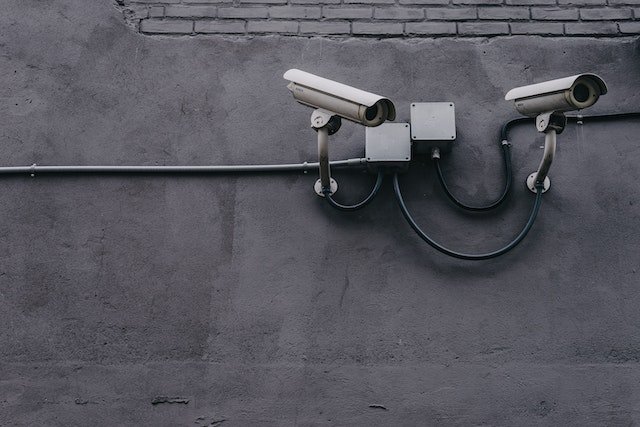Getting the best cameras is one of the surefire ways to secure your home and business. Security cameras are a great way to keep an eye on what’s going on in and around properties, and they come in a variety of shapes, sizes, and types. With so many different kinds of cameras and other spy equipment available, it can be hard to know which type of security camera is best for you. Read on to learn more about the different types of security cameras and which one is best for your particular situation.
Indoor Cameras
Indoor security cameras are great for monitoring your living and working spaces. These cameras come in many shapes, sizes, and mounting styles, including ceiling-mount, wall-mount, and desk-mount types. Depending on the camera model you choose, they can come with features like night vision, motion detection technology, two-way audio capability, and more.
Outdoor Cameras
Outdoor cameras are perfect for watching over outdoor spaces like yards, gardens, warehouses, or loading docks. These cameras are designed to withstand the elements, such as rain and snow. Outdoor security cameras also come with features such as night vision capability and motion detection technology that can alert you of suspicious activity.
Wired Security Cameras
Among the most common types of security cameras are wired options. These cameras are connected to the monitoring system through cables, which can be beneficial in a number of ways. Wired cameras have more stable connections and offer higher-quality video than wireless cameras. They also tend to be less susceptible to interference from any other devices that may be utilizing the same frequency. The downside is that wired cameras can be a little more challenging to install. They may require a professional installation, which could add additional costs to the project.
Wireless Security Cameras
Wireless security cameras use radio frequencies or Wi-Fi connections to transmit video footage from one device to another without any cables or wires. Choosing wireless options can save you from the hassle of installing cables in hard-to-reach places. Wireless cameras tend to be easier to install and can be moved around easily, resulting in more flexibility for your security system. The downside is that these cameras require batteries or electric power outlets nearby for them to function properly.
IP Security Cameras
Internet protocol (IP) security cameras are a type of digital video camera that uses the Internet Protocol (IP) for communication. They send and receive data through an internet connection, making them one of the most versatile camera options available. IP security cameras can be used in both wired and wireless systems, allowing for flexibility when it comes to installation. As with all other types of security cameras, IP cameras offer superior video quality compared to traditional analog cameras.
PTZ Security Cameras
Pan-tilt-zoom (PTZ) security cameras are a type of digital camera that allows for remote control of the lens angle and direction. This feature makes it easier to track moving objects or observe large areas from one camera. PTZ cameras offer more flexibility in terms of coverage than fixed security cameras, as they can be adjusted to cover different angles and directions. However, they generally require more expertise to set up than other types of cameras and can be fairly expensive.
Conclusion
By choosing the right kind of security camera for your needs, you can ensure that your home or business is properly monitored and secure. The type you choose depends on your individual needs and budget. Consider your environment, your security needs, and the size and layout of the area(s) you want to monitor. This way, you can select a camera that offers the features and benefits you require.



